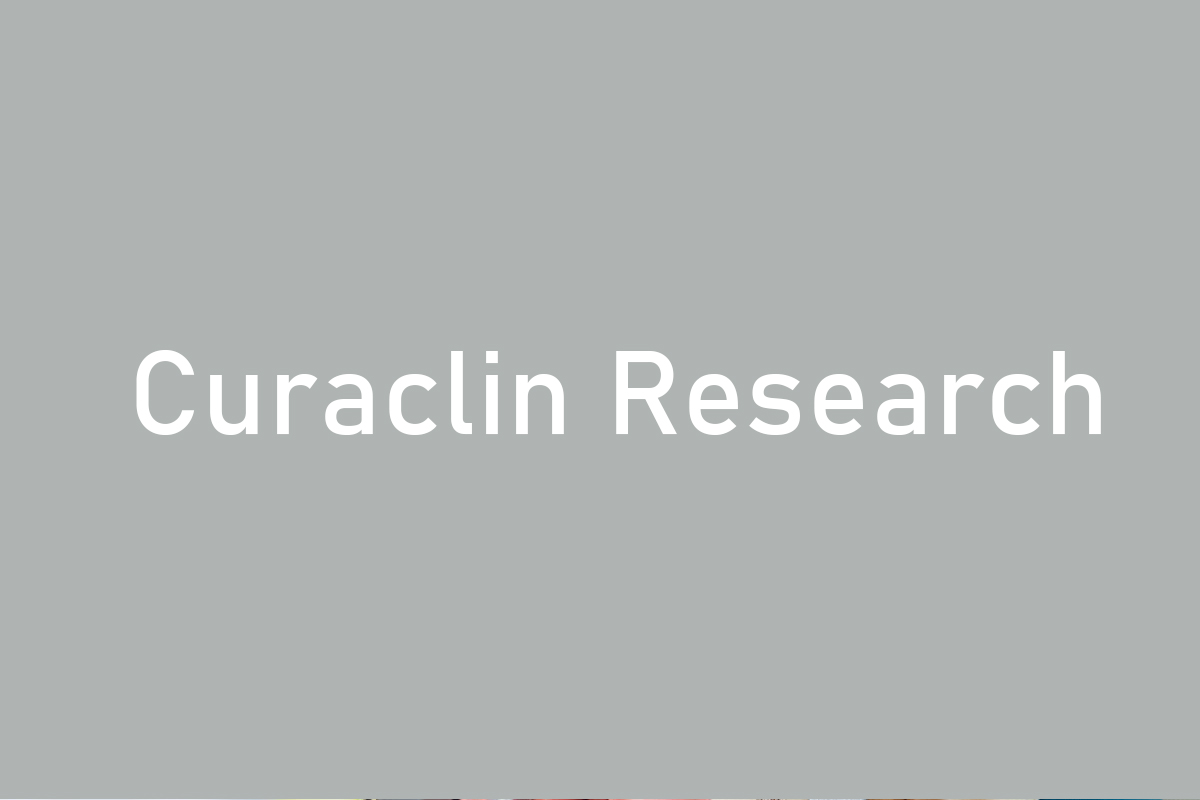
Integration and Reconciliation of Third-Party Data
At Curaclin Research, we provide comprehensive Data Reconciliation Services to ensure the accuracy, consistency, and integrity of clinical trial data. Data reconciliation is a critical process that aligns datasets from various sources, such as Electronic Data Capture (EDC) systems, laboratory results, and safety databases, to eliminate discrepancies and enhance the reliability of trial outcomes.
What is Data Reconciliation in Clinical Research?
Data reconciliation involves comparing and aligning data across different systems and sources used during clinical trials. This process is essential to:
- Identify and resolve inconsistencies in datasets.
- Ensure compliance with regulatory requirements.
- Maintain high-quality data for accurate analysis and reporting.
Our Data Reconciliation Services
- Source Data Comparison
- Cross-checking data from multiple sources, such as EDC, Case Report Forms (CRFs), laboratory systems, and pharmacovigilance databases.
- Identifying mismatches or missing entries that need resolution.
- Discrepancy Resolution
- Investigating discrepancies through detailed analysis.
- Collaborating with sites, sponsors, and vendors to resolve inconsistencies.
- Documenting the resolution process for audit readiness.
- Safety Data Reconciliation
- Aligning Adverse Event (AE) and Serious Adverse Event (SAE) data between clinical and safety databases.
- Ensuring consistency in terms, timelines, and descriptions to meet regulatory requirements.
- Lab Data Reconciliation
- Comparing laboratory test results with CRF entries.
- Verifying accuracy of sample IDs, collection dates, and test parameters.
- Vendor Data Reconciliation
- Synchronizing data from external vendors (e.g., imaging or central labs) with the clinical trial database.
- Ensuring timely updates and resolution of inconsistencies.
- Audit Trail Maintenance
- Maintaining detailed records of all reconciliation activities.
- Ensuring data reconciliation is traceable and compliant with ICH-GCP and regulatory standards.
Benefits of Our Data Reconciliation Services
- Improved Data Quality: Ensures datasets are clean, consistent, and ready for analysis, reducing risks of regulatory non-compliance or trial delays.
- Regulatory Compliance: Aligns with FDA, EMA, and other global regulatory requirements, including adherence to Good Clinical Practice (GCP).
- Enhanced Reporting Accuracy: Provides sponsors with reliable datasets for Clinical Study Reports (CSRs) and regulatory submissions.
- Streamlined Processes: Efficient workflows and tools minimize time spent on data reconciliation, ensuring trials stay on schedule.
- Risk Mitigation: Identifies discrepancies early, reducing the likelihood of critical errors in data analysis or reporting.
Why Choose Curaclin Research for Data Reconciliation?
- Expertise in Clinical Data: Our team has deep experience in managing and reconciling complex clinical datasets across diverse therapeutic areas.
- Technology Integration: We use advanced reconciliation tools and systems to automate processes and ensure accuracy.
- Comprehensive Approach: From initial comparisons to final audits, we handle every aspect of data reconciliation with precision.
- Compliance and Audit Readiness: We prioritize compliance with ICH-GCP, 21 CFR Part 11, and other regulatory standards, ensuring readiness for inspections.
- Customized Solutions: Our services are tailored to meet the unique requirements of each trial and sponsor.
How It Works
- Initial Assessment: We evaluate the datasets and systems to identify reconciliation needs.
- Reconciliation Plan: A detailed plan is created, including timelines, tools, and responsible personnel.
- Execution and Resolution: Discrepancies are identified, investigated, and resolved systematically.
- Final Review and Documentation: A comprehensive review ensures data accuracy, and all activities are documented for compliance.
At Curaclin Research, we understand the critical role of data reconciliation in clinical trials. Our services ensure that your data is accurate, reliable, and compliant, supporting successful trial outcomes and smooth regulatory submissions.
